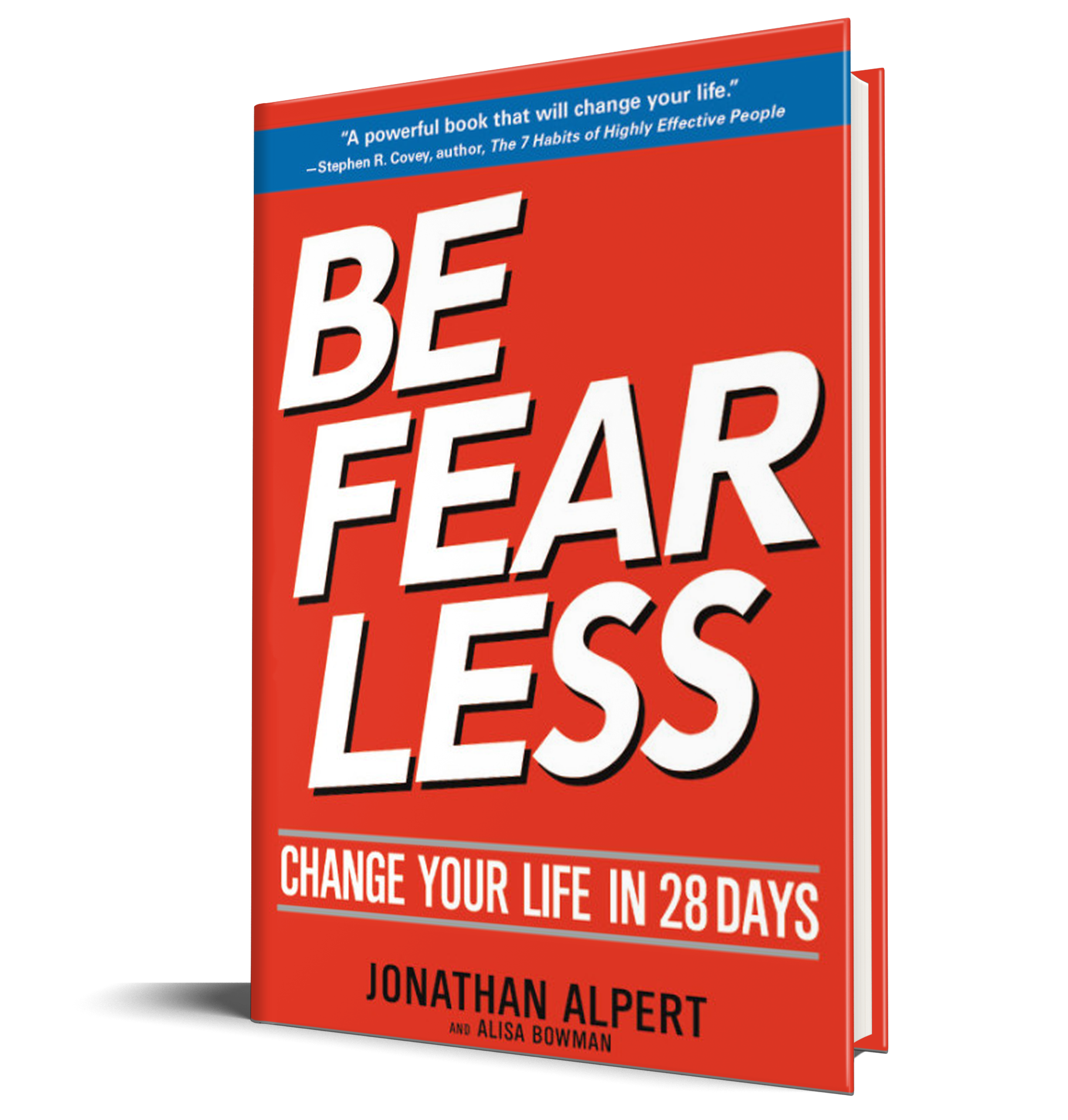With the CDC loosening mask restrictions for people who are fully vaccinated and businesses doing so too, it finally feels like we’re nearing the end for what has been a long, difficult, and sad period for our country. As you look to get back to some semblance of normal life and in shape, you might be like a lot of people: your body has taken a hit due to a sedentary lifestyle and you’ve put on a few pounds and simply don’t feel as sexy as you once did.
It might be tempting buy into the latest fad diet or rapid weight loss method that’s going viral on social media, no matter how preposterous it is. Over the past several years I’ve seen juice cleanse and fasting diets, which will only lead to temporary loss of water weight, and I’ve even seen one that recommended cupcakes.
Folks, these diets don’t work. Fads, crash diets, quick fixes, and bizarre remedies do not lead to healthy weight loss. Slow, steady, and reasonable changes in behavior do. Theoretically, it’s easy: eat less and move more and over time this will lead to weight loss. But for many people this is hugely challenging and their goals remain elusive.
Here are my tricks and tips to help you with your weight-loss efforts:
- Eat before leaving your house. If you have an event or party to attend and you know food and drinks will be served, eat beforehand. This will help eliminate your desire to indulge simply because the food looks good, is free, and is in front of you.
- Eat with your non-dominant hand or use chop sticks. This will help you to slow down your eating and take smaller bites. Both of these are correlated with less intake of food and ultimately weight loss. Similarly, use smaller plates and bowls. This will force you to take less food and consume less.
- When dining out avoid the bread and ask for a take-home container. Before you begin to eat, pack up a small portion of your meal to bring home for another meal. Restaurant portions are often big and this is one way to ensure eating less.
- Keep food away from the table. Serving directly from the stove or counter will lessen your desire to take second helpings simply because the food is in front of you. You’ll also be more aware of what you’re eating.
- Slow it down and chew more. Doing so allows more time for your brain and stomach to get in sync with each other. It takes approximately 20 to 30 minutes for your stomach to send signals to your brain that you are full, hence the frequent overeating.
- Eat healthy snacks between meals. If packing them to go, put them in small one-serving bags rather than large ones. Keep in mind: that big container = big consumption. Similarly, when shopping for food, buy small containers and avoid jumbo-sized as they only encourage bigger portions.
- Eat before you eat your meal. That’s right; eat a small healthy snack or salad before dinner or lunch. This will help you feel more satiated and eliminate cravings to indulge.
- Occupy your hands and/or mouth while watching TV. Chewing gum, ironing, or squeezing a stress ball are a few such suggestions. Most people reach for chips and other junk food when in front of their televisions. We’re conditioned to do this. If possible skip past commercials altogether. Many food commercials will unconsciously trigger your brain to reach for food.
- Substitute junk with healthier food that resemble the texture and taste of junk. For example, eat frozen grapes to satisfy your Popsicle cravings or eat yogurt with blueberries instead of that bowl of ice cream. Overtime your taste buds and brain will adjust and learn to like these healthier options.
- Exercise, but not too long and not too intensely. One sure way to sabotage your efforts is to take on too much, too soon. Go easy at first and gradually increase. As with any task, small successes will motivate you to pursue bigger goals.
For more tips on living a healthy stress free life check out my book Be Fearless: Change Your Life in 28 Days.



